About the term Shadow Fleet - Dark Fleet - Grey Fleet
An introduction to the term and its meaning The term "shadow fleet" is frequently used and has recently hit the headlines in connection with the involvement of Western shipping companies. We want to clarify the terminology and the background. To this end, we are referring to an article by the Naval Shipping Administration, which deals with the special situation of the Russian shadow fleet in the Baltic Sea and was published on bundeswehr.org in the past few days. The article focuses on the Russian shadow fleet, which has come under increased scrutiny since the Russian invasion of Ukraine. However, other countries also maintain such constructs, as we will see later...
Weiterlesen

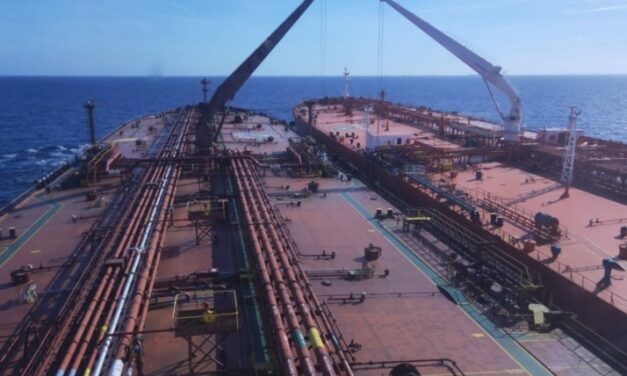
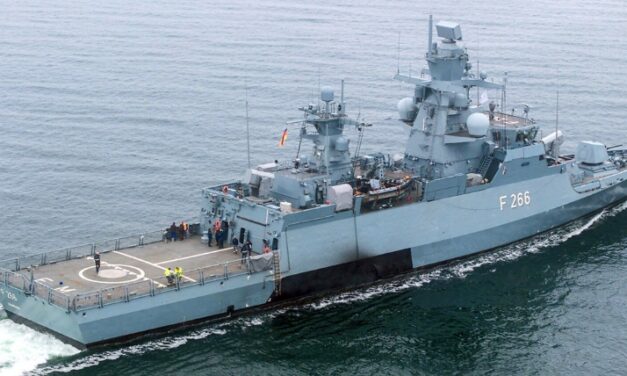
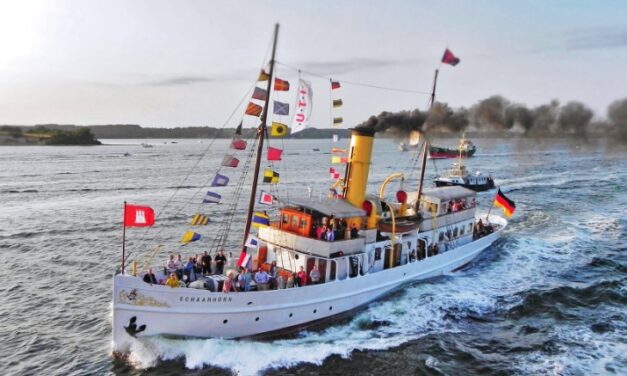
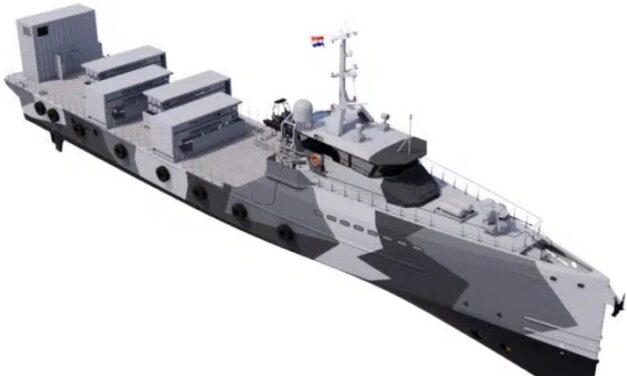
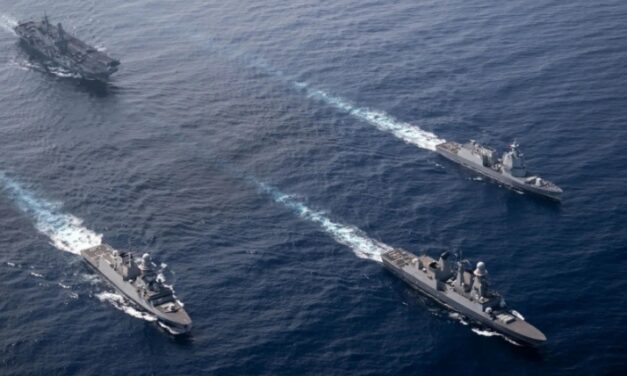
Recent Comments